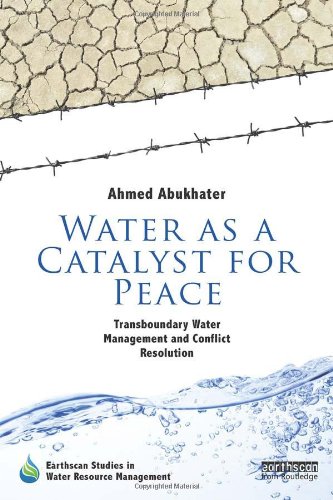

Most ebook files are in PDF format, so you can easily read them using various software such as Foxit Reader or directly on the Google Chrome browser.
Some ebook files are released by publishers in other formats such as .awz, .mobi, .epub, .fb2, etc. You may need to install specific software to read these formats on mobile/PC, such as Calibre.
Please read the tutorial at this link: https://ebookbell.com/faq
We offer FREE conversion to the popular formats you request; however, this may take some time. Therefore, right after payment, please email us, and we will try to provide the service as quickly as possible.
For some exceptional file formats or broken links (if any), please refrain from opening any disputes. Instead, email us first, and we will try to assist within a maximum of 6 hours.
EbookBell Team

0.0
0 reviewsExamining international water allocation policies in different parts of the world, this book suggests that they can be used as a platform to induce cooperation over larger political issues, ultimately settling conflicts. The main premise is that water can and should be used as a catalyst for peace and cooperation rather than conflict.
Evidence is provided to support this claim through detailed case studies from the Middle East and the Lesotho Highlands in Africa. These international cases – including bilateral water treaties and their development and formation process and aftermath – are analyzed to draw conclusions about the outcomes as well as the processes by which these outcomes are achieved. It is demonstrated that the perception of a particular treaty as being equitable and fair is mainly shaped by the negotiation process used to reach certain outcomes, rather than being determined mechanistically by the quantitative allocation of water to each party.
The processes and perceptions leading to international water conflict resolutions are emphasized as key issues in advancing cooperation and robust implementation of international water treaties. The key messages of the book are therefore relevant to the geo-political and hydro-political aspects of water resources in the context of bilateral and multilateral conflicts, and the trans-boundary management of water resources, which contributes insights to political ecology, geo-politics, and environmental policy.